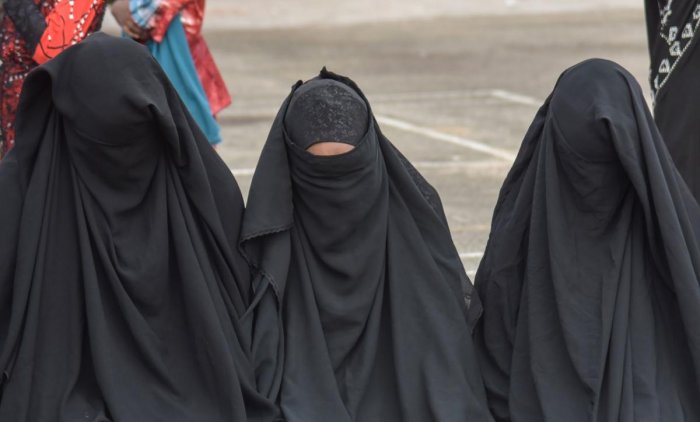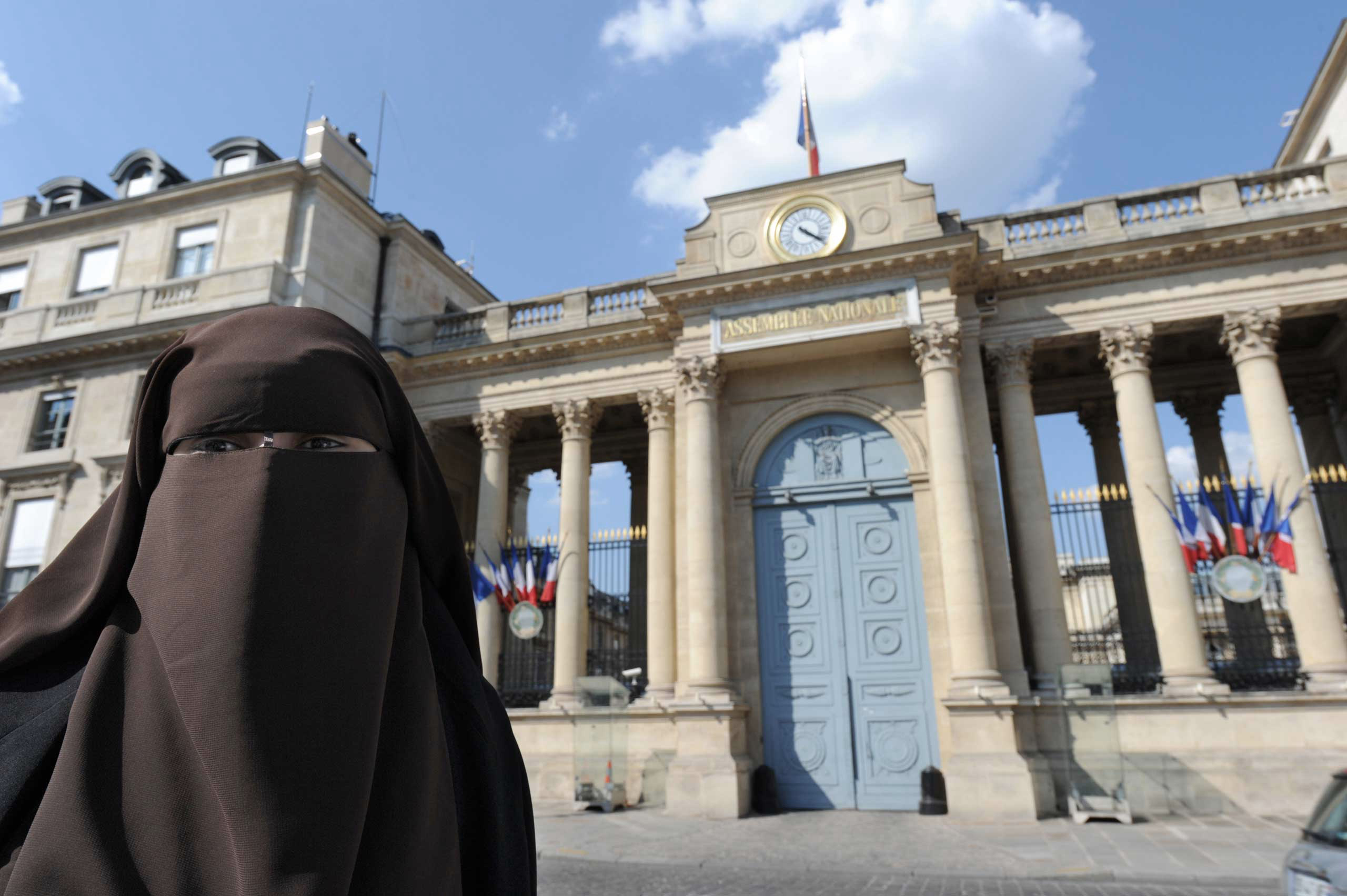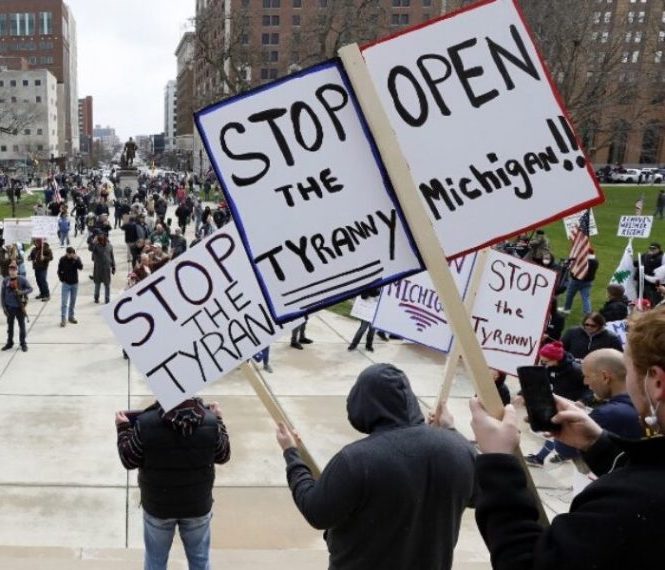Iran’s legislation of the veil should be seen as a weaponization of culture in order to oppress women. Compulsion and culture are mutually exclusive and cannot exist within the same realm.

On January 8th 1963, Iran’s Reza Shah issued a decree, “kashf-e hijab”, banning all veils and head coverings for women. The law came as an attempt to Westernize the nation, with an emphasis on associating the religious veil as a sign of poverty and rural, non-Iranian culture. Years later, Reza Shah’s son, Mohammad Reza Shah, would lift this ban, and give Iranians freedom of choice in their way of dress. The act would come in an effort to increase popularity, with support for the Shah waning. Finally, at the onset of the Islamic revolution in 1979, soon after taking power, Iran’s Supreme Leader Ayatollah Ruhollah Khomeini decreed that the veil was now mandatory for all Iranian women, along with a strict standard of modest dress. This law continues to be enforced today, with Iranian women lacking the basic freedom of choosing what to wear in public. Despite the fact that the head covering has been worn in Iran for thousands of years, the current mandate has seen backlash from women all over the country, even with its violent enforcement. Yet, for Westerners and non-Iranians alike, the hijab mandate is often dismissed as a factor of culture, written off as a small issue amongst a sea of much larger ones to be addressed. Is this oversimplification of the law an advantage for the Iranian government? An excuse used both within and outside of Iran to dismiss the oppression of women?



 The European Union has been one of the most classic tourist destinations in the world. The freedom of travel for its natives and tourists visiting one continent with various cultures has allowed the EU to take advantage of the plethora of tourism. Yet, the spread of COVID-19 has had a grave impact on the EU whose 10% of GDP flows from the industry. With the spread of vaccines to fight the pandemic countries are slowly opening up their borders and some of them have invented unique plans to enhance tourism.
The European Union has been one of the most classic tourist destinations in the world. The freedom of travel for its natives and tourists visiting one continent with various cultures has allowed the EU to take advantage of the plethora of tourism. Yet, the spread of COVID-19 has had a grave impact on the EU whose 10% of GDP flows from the industry. With the spread of vaccines to fight the pandemic countries are slowly opening up their borders and some of them have invented unique plans to enhance tourism. In the last decade, France has seen particularly devastating terrorist attacks with incidents such as the
In the last decade, France has seen particularly devastating terrorist attacks with incidents such as the  The coronavirus crisis has reinforced some of the tendencies that were already taking place for some time. In the United States, before the demonstrations initiated by George Floyd’s death began, Donald Trump alternated between public appearances calling for lockdown and appeals to ‘liberate’ the democrat states from the ‘oppressing’ measures their governors would have been taking. His erratic management led to conflicts with several governors, among them some republicans. However, the population’s perception of Trump’s management of the health crisis has been determined by their mentality prior to the pandemic:
The coronavirus crisis has reinforced some of the tendencies that were already taking place for some time. In the United States, before the demonstrations initiated by George Floyd’s death began, Donald Trump alternated between public appearances calling for lockdown and appeals to ‘liberate’ the democrat states from the ‘oppressing’ measures their governors would have been taking. His erratic management led to conflicts with several governors, among them some republicans. However, the population’s perception of Trump’s management of the health crisis has been determined by their mentality prior to the pandemic:  Similarities end here, though. Portugal has experienced the coronavirus crisis very differently; it went into lockdown comparatively earlier.
Similarities end here, though. Portugal has experienced the coronavirus crisis very differently; it went into lockdown comparatively earlier. 


